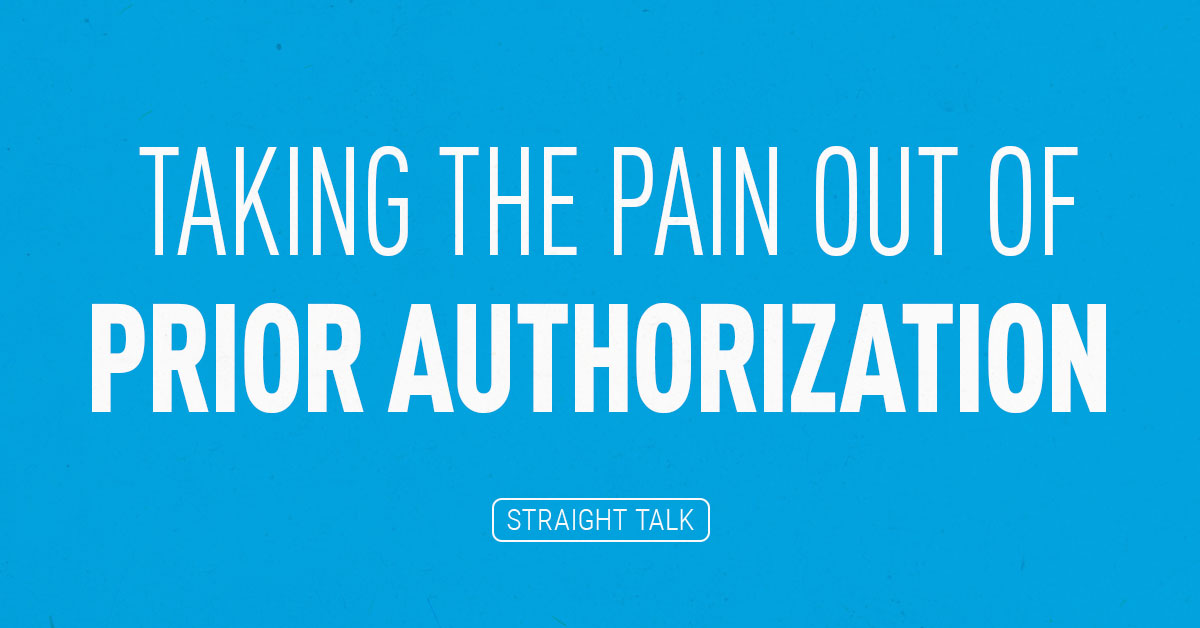I have been pummeled with many, many different reactions since the Nov. 8 election and more questions than I can shake a stick at. I suspect my next few blog posts will be about roughly these same topics. But, before we dive into the questions, let me tell you a bit of what I’ve figured out so far about the future of health insurance and the Affordable Care Act (healthcare reform law).
The Trump campaign was adamant about repealing and replacing the Affordable Care Act (“Obamacare”) as soon as they could. But saying you want to repeal a regulatory dragon like the ACA, and actually doing it, are two entirely different things. Is change coming? I think yes, in droves. Will the ACA in its entirety be repealed? I think that is highly unlikely. Why?
Healthcare Reform’s Roots Run Deep
The ACA is like kudzu. It has extended its tendrils of influence and control into the back garden of many, many federal agencies. It has very deep ties into Medicare, Medicaid, Veterans Affairs Health System, Indian Health Services, the Food and Drug Administration, the IRS, the Department of Labor and the Department of Health and Human Services.
That’s because the law told Congress and federal agencies what it wanted to accomplish, then gave them more than 100 new authorities to get all that done, but didn’t tell them how to get it done. The staff at these federal agencies, mostly rank-and-file employees, had to figure that out for themselves, then tell the world what they decided to do with regulations.
“(T)he tone since the election has shifted from ‘Repeal!’ to ‘Repeal and Replace!’ And truthfully, that is more likely to look like ‘Amend and Alter’ before it’s all said and done.”
As a result, we’ve absorbed, just in the healthcare business alone, more than 60,000 pages of new regs since 2010. And, they go into thousands of different parts of the government.
Imagine if a huge crepe myrtle tree had grown unattended at the very edge of your favorite garden. Anybody who knows crepe myrtles knows their roots don’t go deep, but they go very wide. Now imagine trying to rip out that crepe myrtle tree. You could do it, but you’d destroy a ton of your favorite garden in the process. Repealing the ACA is just like that. There will be lots of collateral damage if you go too fast and pull too hard.
Amend and Alter
That’s why the tone since the election has shifted from “Repeal!” to “Repeal and Replace!” And truthfully, that is more likely to look like “Amend and Alter” before it’s all said and done. Why?
There are some things the ACA brought about that nobody wants to get rid of. In 2010, there was a long list of ailments that would prevent you from being able to buy individual health insurance – even if you could afford it all on your own.
“(Trump appointees) are all quoting the same playbook on healthcare. They are using the language from an already published, Congress-approved, Republican-authored playbook on healthcare called ‘A Better Way on Healthcare.’”
The ACA gave guaranteed issue coverage to everyone. Pre-existing conditions like cancer, arthritis or diabetes were no longer considered when you applied for coverage. Nobody wants to go back to the days where people could be turned away. Thus, I predict the new “Amend and Alter” plan will maintain some kind of guaranteed issue coverage, even if it’s just for a fixed period of time and then ends.
Now that 15 million more people have health insurance coverage through Medicaid (government-run health coverage program for low-income citizens) than the total in 2010, no politician wants to toss them off coverage. Democrats and Republicans might have very different views as to Medicaid’s mission and goals, but they agree that a huge disruption like that is bad for everyone, so it won’t happen.
Ok, Mike, enough about what won’t happen. What will happen?
Since breaking out my crystal ball and watching very closely over the past couple of weeks as Trump won the Presidency and is picking out the 400 or so new senior employees he will use to run the government, I’ve noticed something very interesting whenever he or his appointees are interviewed or showing up on “60 Minutes”:
They are all quoting the same playbook on healthcare. They are using the language from an already published, Congress-approved, Republican-authored playbook on healthcare called “A Better Way on Healthcare.” You can read a summary of it or the full report for yourself.
“The plan says Medicaid should be, for the able-bodied, an on-ramp to private coverage and prosperity, not a lifetime safety net.”
This report, promoted by U.S. House Speaker Paul Ryan and already passed in many forms by the Republican Congress in 2015 and 2016, has some very focused changes it recommends to the healthcare system and offers a relatively detailed replacement to some of the existing healthcare law.
At this point, if you asked me, “What are Trump and the Republicans going to do with healthcare?”, I’d point you to this document.
“A Better Way on Healthcare”
Some of the highlights:
- Repeal Obamacare—the document says it cannot be fixed and must be repealed. The “replacement plan” still maintains some of the more popular parts of the current law.
- Provide More Choices and Affordability—the report goes into detail about why Washington, D.C.-designed health insurance doesn’t work in many areas of the country, and returns that authority and the money being spent through exchanges to the states or directly to individuals.
- Protect the Nation’s Most Vulnerable—the report speaks at length about the bad incentives the Medicaid expansion has created and highlights ways to correct them. Two things really jump out at me in their plan, and may be instructive going forward:
- The plan says Medicaid should be, for the able-bodied, an on-ramp to private coverage and prosperity, not a lifetime safety net.
- The plan says Medicaid expansion was poorly designed because the Feds pay a much bigger percentage of the costs to cover able-bodied adults above the poverty line than to cover the poor, blind, people with disabilities or children.
- Spur Innovation in Healthcare—the plan highlights the “21st Century Cures” plan. You can read about that plan.
- Protect and Preserve Medicare—the report reminds us that the healthcare reform law was funded largely by constraining the long-term growth of Medicare spending, but also says the current system is unsustainable and needs to be protected.
Encoded within these key points are a raft of proposals, some of which could be done very quickly without Congressional approval. In my next blog post, I’ll give more information about which of these the Trump Administration should be ready to attack early in his term.
For now, just remember: Nothing has changed. You still have coverage, you still have tax credits and cost-sharing reductions, and you still have a mandate to stay covered. That’s not subject to change for quite a while, years even. I’m giving it to you straight.





Leave a Reply